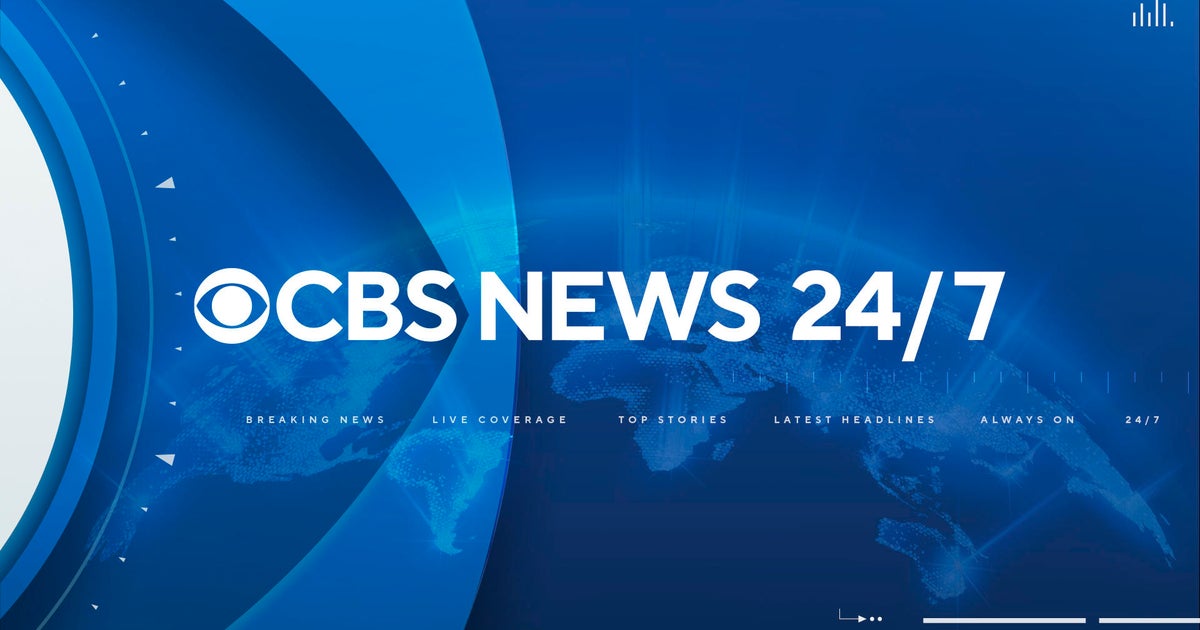News Wrap-up: Essential Stories from Worldwide
News Wrap-up: Essential Stories from Worldwide
Blog Article
Stay Informed: The Importance of Reliable Information Resources in Today's World
In an age identified by a frustrating increase of information, the importance of trusted information sources can not be overstated. As we explore the mechanisms of legitimate journalism and the approaches for recognizing trustworthy resources, the implications for our collective future ended up being significantly noticeable.
The Duty of Credible Journalism
The integrity of journalism functions as the cornerstone of a well-informed society. Credible journalism plays a vital duty in making certain that people obtain precise, timely, and relevant information. This function is important for fostering public discourse, advertising openness, and holding power responsible (news). Journalists, through strenuous research study and adherence to honest standards, provide a structure for comprehending complicated issues, encouraging people to make enlightened decisions.
Furthermore, reputable journalism forms popular opinion and influences policy-making by brightening diverse viewpoints. It serves as a guard dog, examining impropriety and highlighting social injustices that might otherwise go undetected. By prioritizing accurate coverage and reducing prejudice, accountable reporters contribute to an extra balanced narrative in the media landscape.
Additionally, the function of qualified journalism prolongs past mere info circulation; it also grows trust fund between the media and the general public. When wire service constantly deliver truth-driven web content, they establish themselves as reliable resources, reinforcing the general public's self-confidence in the media. Ultimately, legitimate journalism is essential for a working freedom, as it guarantees that the electorate is notified and involved, therefore facilitating a much more durable public discussion.
Understanding Fake News
Browsing the facility landscape of details today needs a keen recognition of phony news and its ramifications. Phony information refers to misinformation or disinformation provided as reputable information, frequently developed to misinform target markets for numerous objectives, consisting of political, economic, or social gain. The quick spreading of electronic systems has actually made it less complicated for such web content to circulate, posing significant challenges to public discourse and educated decision-making.
Recognizing phony information entails identifying its attributes, such as sensational headings, absence of qualified resources, and psychological control. It typically exploits existing biases, enhancing assumptions and polarizing point of views. The repercussions of fake information are extensive; they can distort public perception, erode trust fund in real journalism, and prompt division within areas.
In addition, the effect of fake information prolongs beyond specific false information. It can influence political elections, shape policy discussions, and compromise societal communication. As consumers of details, it is vital to stay vigilant, examine the resources of information, and seek confirmation of claims. In a period where info is abundant and usually misleading, a comprehensive understanding of phony news is necessary for fostering an educated population efficient in navigating the intricacies of contemporary media.
Identifying Reliable Resources
In today's information-saturated environment, discerning trusted sources is important for cultivating informed decision-making. With the expansion of information electrical outlets and digital platforms, differentiating reputable info from deceptive web content has become progressively tough.
To identify dependable sources, initially, analyze the credibility of the publisher. Respectable wire service typically have a long-standing history see here now of journalistic stability and abide by honest criteria. Seek sources that offer clear authorship, permitting you to review the qualifications and knowledge of the journalist.
Next, consider the evidence provided. Trustworthy short articles ought to mention proven truths, include quotes from experts, and reference key sources. Cross-referencing information throughout numerous legitimate outlets can even more confirm precision and decrease bias.
Beware of sensationalism and psychological language, which can indicate a schedule as opposed to a commitment to valid reporting. In addition, recognize the publication day, as out-of-date information might no more matter.
The Repercussions of False Information

The spread of misinformation can likewise polarize communities, sustaining department and dispute. When individuals count on wrong narratives, it produces an atmosphere where dialogue comes to be progressively hard, as opposing factions hold on to their ideas, typically neglecting factual proof. This disintegration of a shared understanding weakens autonomous processes and can result in the destabilization of cultures.
Moreover, misinformation can have extreme financial consequences. Services might suffer because of incorrect cases about their service or products, while capitalists can be misled by incorrect details influencing market stability. In summary, the ramifications click for info of misinformation prolong much past individual beliefs, impacting public depend on, area communication, and economic stability, highlighting the urgent need for trusted information sources in today's complex information landscape.
Methods for Remaining Enlightened
Remaining educated in the electronic age requires a purposeful method to media usage, as the large quantity of details can be frustrating - news. To browse this landscape properly, individuals ought to start by identifying legitimate information sources known for their journalistic integrity. Subscribing to trusted newspapers, news web sites, and fact-checking companies can supply a strong foundation for understanding current occasions

Reserving details times for information usage can also enhance emphasis and stop info overload. It is a good idea to limit social media surfing, as formulas typically prioritize sensationalized content. Rather, think about following reporters and professionals directly to obtain even more reputable updates.
Lastly, taking part in conversations with others can facilitate much deeper understanding and important thinking of present issues. news. By using these methods, individuals can grow a much more informed and critical method to the information, eventually cultivating an all-round understanding of the world around them
Verdict
Finally, the significance of trustworthy news resources can not be overstated in the modern information landscape. Credible journalism plays a crucial function in forming notified cultures, promoting public discussion, and enhancing openness. By effectively determining reliable outlets and using strategies to deal with misinformation, individuals can browse the intricacies of contemporary media. Inevitably, a watchful technique to information intake will certainly encourage citizens to make enlightened choices, consequently strengthening the structures of democratic interaction and social trust.
Report this page